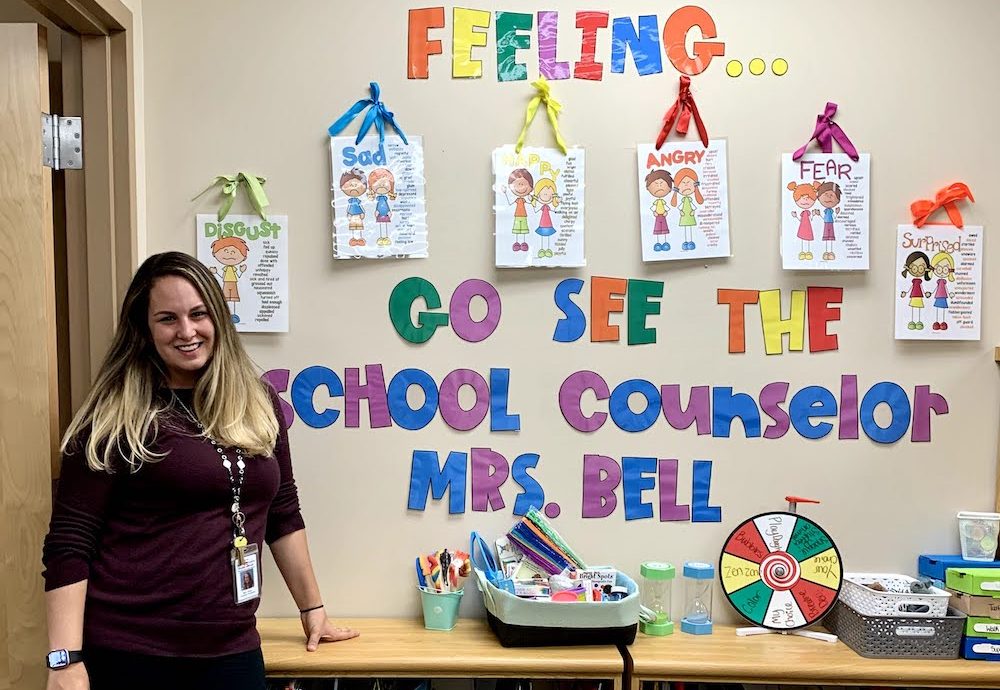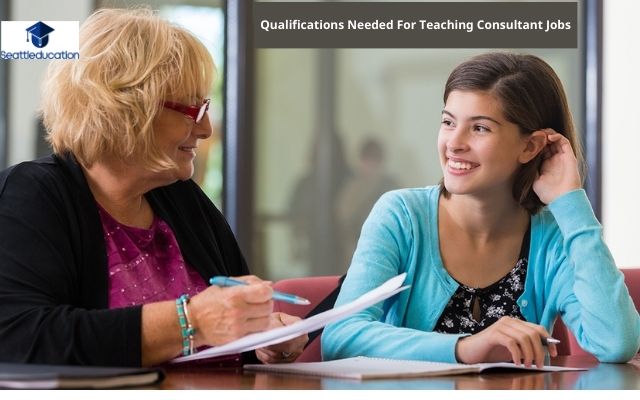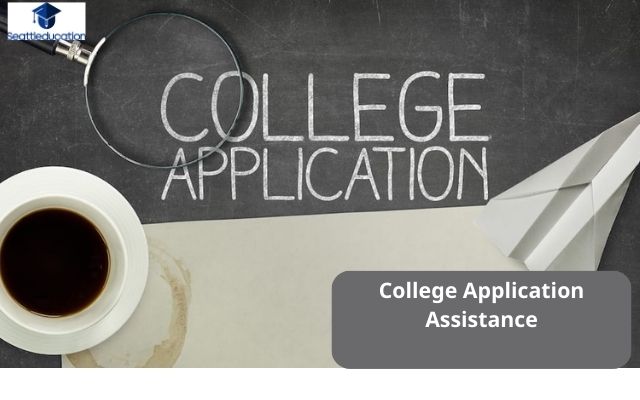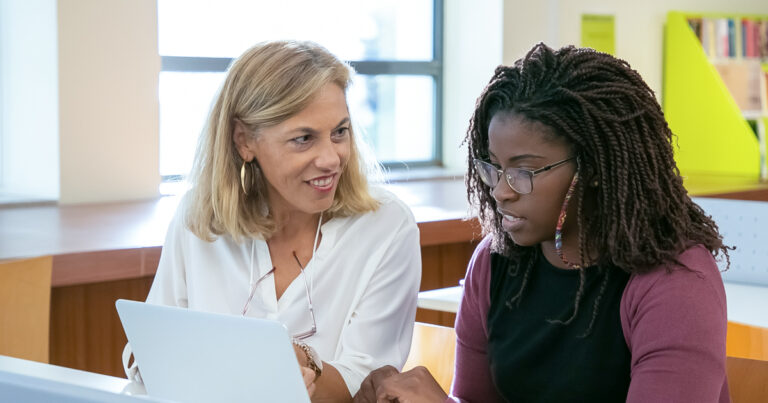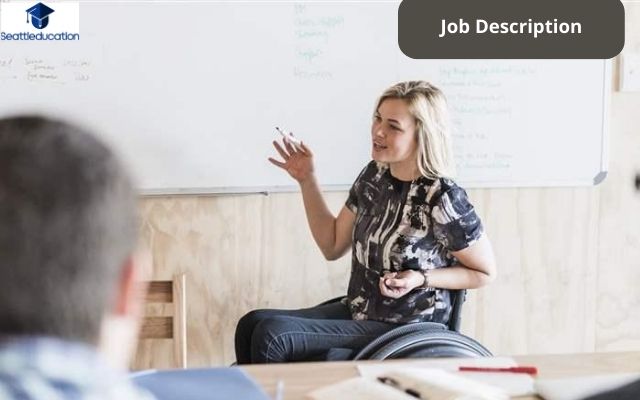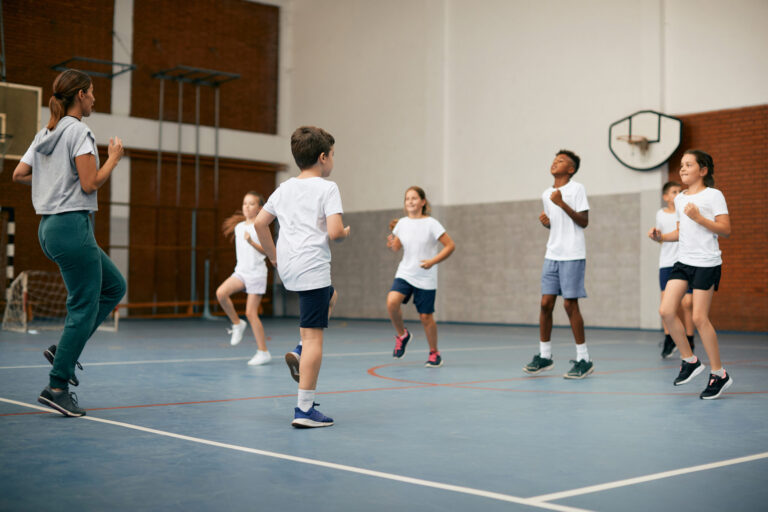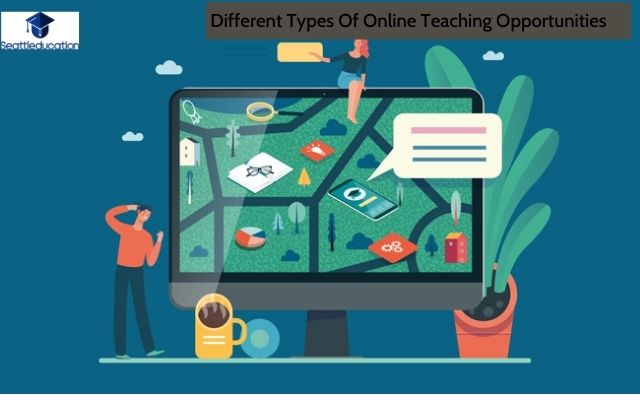School Counseling Activities: Academic And Emotional Growth
Hi everyone! I’m so excited to talk about school counseling activities today. School counselors are really important in helping students reach their academic and personal goals, and it’s fascinating to learn more about the different types of activities they use to support kids of all ages.
In this article, I’ll be exploring some common school counseling activities used by counseling professionals in a variety of educational settings.
Social-Emotional Learning
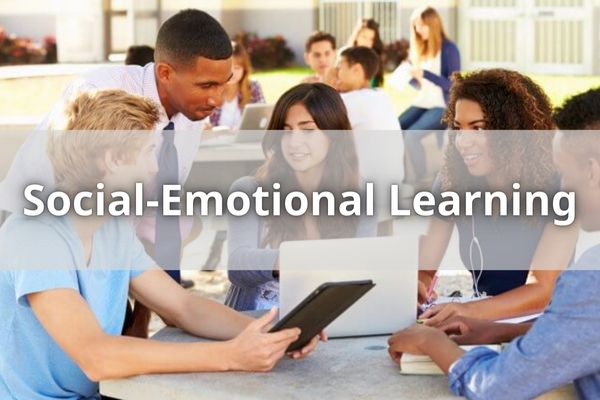
I’m passionate about helping students develop social-emotional learning (SEL) skills. For young people to succeed in all facets of life, both now and in the future, it is crucial that they acquire emotional control and connection development.
To that aim, I collaborate with educators and students to develop scenarios in which they may exercise coping mechanisms like mindfulness or problem-solving approaches.
I’ve had success, for instance, employing a range of exercises meant to enable pupils to explore their emotions in a secure setting (like anger management, and controlling anxious feelings). This could be something like role playing different situations or having conversations about difficult topics related to SEL.
By engaging in these activities, students are able build up their confidence and trust while also developing an understanding of how relationships work.
Overall, my goal is to empower youth by teaching them valuable lessons on SEL that will serve them well throughout life. As we move forward into college and career readiness, it’ll be essential that they have a strong foundation built upon these principles.
College And Career Readiness
I understand the importance of college and career readiness for my students, and I know that it takes more than just a good powerpoint to help them.
To prepare my students, I use a combination of mindset training, problem-solving skills building, conversation practice activities, and career exploration discussions.
By focusing on these key elements of college and career readiness in an interactive way with my students, I’m able to build their confidence and equip them with real strategies for success no matter what they choose to pursue after high school.
They come away from our time together not only better informed about potential opportunities but also equipped with tools they can use as they transition into adulthood.
This knowledge helps set the stage for further individual counseling or small group counseling sessions where we can continue exploring ideas like personal goalsetting, networking techniques, job hunting tips, drawing on resources within the community and much more.
It’s important that my students are aware of all their options so that when it comes time to make decisions regarding college or other post-secondary paths, they have the support necessary to make those choices confidently.
Individual And Small-Group Counseling
I often do individual and small-group counseling activities with students. During an individual session, it is just the student and me as their counselor. This allows us to focus on a particular issue or concern of theirs without any distractions from other people.
Small group sessions involve two or more students attending together to discuss topics that are relevant for them all. No matter which type I’m doing, my goal is always to help each student work through whatever they may be dealing with in order to better understand themselves and the situation around them.
The length of these counseling sessions can vary depending on the needs of the student(s). We could spend anywhere between 15 minutes up to multiple hours over numerous days discussing different aspects of their issues; but no matter how long we meet for, I try to make sure that every one has had enough time to express their feelings openly and explore what solutions might be available for them.
In terms of implementing these counseling activities, there are several ways that this is done depending on my relationship with the student(s) involved. If they already have some trust built up with me then I’ll start by having an open conversation about why they’re here so that everyone feels comfortable and safe during our sessions.
However if they don’t feel comfortable talking right away then I will use alternative strategies like art therapy or role plays instead until they gain confidence in speaking directly with me as their counselor.
Moving into classroom guidance…
Classroom Guidance
As a school counselor, I deeply believe in the power of classroom guidance. It is an effective way to provide counseling services on a regular basis and ensure that all students are receiving support while also providing preventative strategies to help them reach their full potential.
Classroom guidance allows me to create interactive lessons tailored to each student’s individual needs, helping identify and understand both strengths and weaknesses.
Here is how classroom guidance works:
- We work together with teachers and administrators at the school to develop a strategy for delivering counseling services within the classroom setting.
- Each lesson focuses on topics such as social emotional learning skills, communication skills, problem solving, conflict resolution, goal-setting, bullying prevention, drug education/prevention etc.
- These interactive activities are designed specifically to meet the needs of the students based on their age group or grade level.
- Through these sessions we can also discuss concerns which may impact student performance in the classroom and create action plans tailored accordingly.
In order for our students to be successful academically and emotionally they need access to resources that will teach them important life skills through effective counseling techniques. By utilizing classroom guidance we can make sure every student has those tools available no matter what stage of development they’re currently in. Understanding one’s own strengths and weaknesses can be key components of self-discovery; something every child should have the opportunity explore regardless of circumstance.
Identification And Understanding Of Strengths And Weaknesses
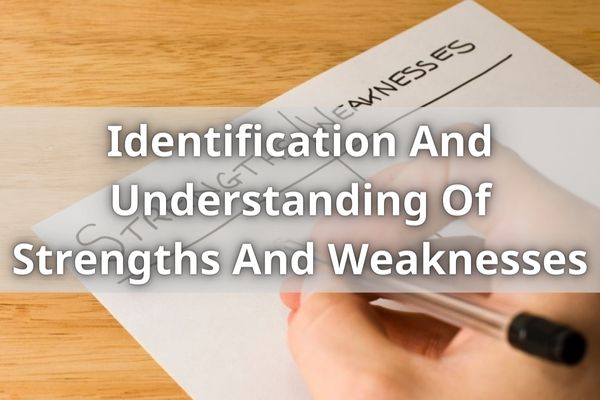
A critical first step toward success is recognizing and comprehending our advantages and disadvantages. It can aid in self-understanding and the discovery of areas that require improvement.
It’s crucial for school counselors to give children the resources they require to achieve this objective. A great way to start is by providing a worksheet or prompt for self-reflection. We can also encourage mindfulness, a growth mindset, and positive self-talk during this process.
When helping students recognize their strengths and weaknesses, it’s critical to focus on both personal power and limitations. This allows them to gain confidence in themselves but also be aware of potential obstacles that may arise along the journey. Having knowledge of these two elements helps create healthy goals that are realistic yet still challenging enough for further development.
In addition to individual reflection, group activities such as role playing can be used to foster deeper conversations about identifying one’s own abilities while being mindful of others’.
By engaging in open dialogue with peers, students have the opportunity to expand their perspective and become more accepting of diverse talents within a supportive environment. With this newfound insight, everyone has the chance to learn from each other which then leads into developing strategies for continued progress and success.
Development Of Strategies For Success
I believe that the development of strategies for success is key when it comes to school counseling activities. During my counseling sessions, I help students identify maladaptive behaviors and create individualized plans that will assist them in achieving their goals.
It’s important for me to encourage positive social skills as well as helping them recognize automatic negative thoughts or self-defeating behavior so they can work on changing these habits. One part of this process includes teaching gratitude and how focusing on what we are thankful for can help us stay motivated and find joy even amidst difficult challenges.
In addition to recognizing automatic negative thoughts, understanding how our actions affect those around us is an essential element in developing successful strategies during counseling sessions. When working with students, I focus on communication techniques such as active listening, mindful speaking, reframing arguments into solutions, problem solving methods, conflict resolution tactics and more.
All of these tools empower students to take responsibility for their actions while creating healthy relationships with others which ultimately leads to greater overall success. It’s also important that these practices be used outside of our counseling sessions too.
That’s why consultation with teachers plays a huge role in determining whether or not certain strategies have been carried out successfully by the student throughout the day —it gives me insight into where extra support may be necessary if needed.
Consultation With Teachers
Working with teachers is an essential part of any school counselor’s job. As educators, they are a great resource for us to collaborate with in order to better support our students.
I love meeting with teachers and discussing how we can work well together to help our student succeed – it always makes me feel like I’m making a difference!
When consulting with teachers, there are various ways that counselors can be helpful. For example, providing printable resources or helping facilitate conversations between the teacher and struggling students. Furthermore, working closely with teachers also helps foster relationships between all parties involved so that everyone has an understanding of what needs to happen moving forward.
Counselors have many opportunities when it comes to collaborating with teachers for the benefit of their students, but consultation doesn’t stop at just one level of authority within education institutions. In addition to working alongside educators, administrators should also be included in this process…
Consultation With Administrators
I have found that consultation with administrators is an extremely useful tool in school counseling. It allows me to identify issues, develop strategies for improvement and resolve conflicts between students more effectively. Administrators also play a key role in helping teachers understand how classroom guidance lessons can be incorporated into their lesson plans while providing support for the resources available through my office.
Here are four points I try to emphasize when consulting with administrators:
- Ensure students understand what services my office provides and how they can access them;
- Encourage collaboration between staff members on developing effective interventions;
- Gain insight into any existing problems or concerns related to student behavior;
- Advocate for policies related to mental health promotion and suicide prevention awareness.
By working together with administrators, I am able to create healthier learning environments where every student feels supported and valued. This type of collaboration helps ensure our schools remain positive places where all students are successful learners.
Moving forward, it is essential that we continue this important work by involving parents in the process as well.
Consultation With Parents
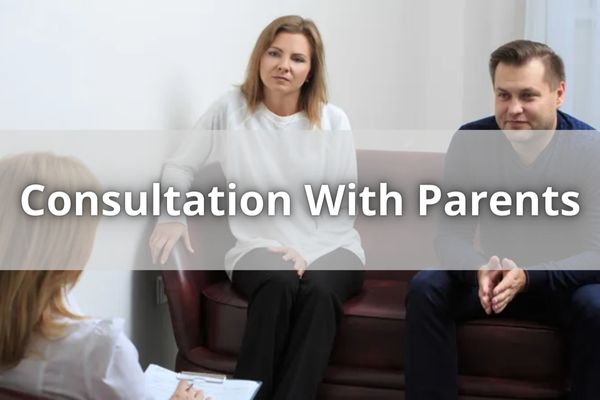
Once I had completed my consultation with administrators, it was time to move on to the second part of school counseling activities: consulting with parents.
This step of the process can often be a bit tricky because both sides need to find common ground between what is best for their kiddos and how that fits into the larger picture of our education system.
It’s important to show empathy towards a parent’s perspective while still maintaining an understanding of the policies in place at your school. Because emotions are likely to be high during this interaction, I always make sure to take note of any potential triggers that may arise from our conversation so I can better support students when they return to class.
When corresponding with parents, it’s essential that you remain professional yet open-minded.
One way I use this approach in school counseling is by creating dialogue around possible solutions or ways we can work together rather than just pointing out issues or problems without providing alternatives. Having conversations about practical strategies and solutions helps build trust between all parties involved which then allows us (counselors) to provide additional resources and guidance as needed.
It has been incredibly rewarding for me personally see these conversations have positive outcomes such as improved student performance in school or increased communication between teachers and families outside of regular check-ins.
Moving forward, I am looking forward to exploring other areas where collaboration might benefit our community such as consultation with other professionals in order help even more students succeed academically and emotionally.
Consultation With Other Professionals
I firmly believe that effective collaboration with other professionals is essential to providing students with the best possible counseling services. As a school counselor, I understand the necessity of working together in order to help our students reach their full potential.
That’s why it’s important for me to consult regularly with psychologists and other specialists so we can create an overall plan of action tailored specifically to each student’s needs.
For instance, when consulting with a psychologist about one particular student who was having difficulty focusing during class, it became clear that introducing a fidget toy might be beneficial. Through this collaborative effort between myself and the psychologist, we were able to work out an individualized plan where the student would take frequent breaks throughout the day accompanied by using her own personalized map of activities as well as bringing along her new chair-desk combo complete with built-in fidgets!
This was all made possible because of our ability to collaborate effectively. The success stories like these are what motivate me most as a school counselor; knowing that my efforts have helped lead children towards improved academic performance and mental wellbeing.
Moving forward, I’m confident that access to resources and support will continue playing a critical role in helping us provide exceptional counseling services for our students.
Access To Resources And Support
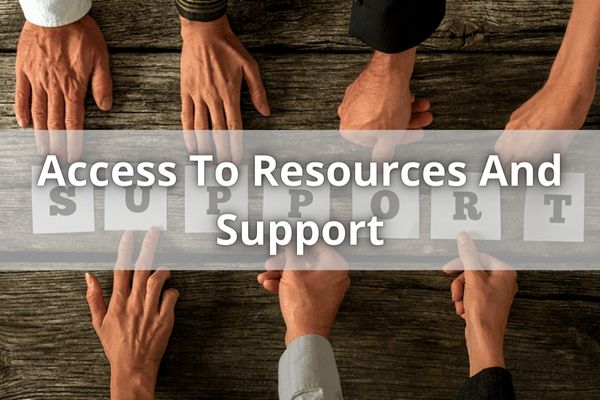
It’s no secret that schools are bustling places of activity, and counselors play an integral role in helping students navigate the often chaotic environment. As a school counselor, I’m committed to providing elementary students with access to resources and support they need to succeed.
To start, I offer counseling services such as cognitive behavioural therapy (CBT) for those who may be struggling with depression or anxiety. Additionally, I provide activities that help build character education which includes teaching children about self-awareness, decision making skills, problem solving strategies and more.
Here is a list of other ways I aim to help:
- Educating teachers on how best to interact with students through positive reinforcement
- Offering group sessions where students can discuss their feelings openly
- Developing programs that focus on mindfulness techniques such as deep breathing exercises
- Informing parents/guardians about available resources in the community
I strive to ensure all students have the tools necessary to thrive within their educational and social emotional environments by working closely with faculty members and families alike. It’s my mission to help foster an inclusive learning atmosphere so every student feels supported throughout their academic journey!
Conclusion: School Counseling Activities
As a parent, it’s important to know what kind of help is available for your child. School counseling activities are essential in helping students reach their full potential and can be an invaluable resource when it comes to developing better study habits, managing stress, and preparing for college.
With the right qualifications and resources, you can ensure that your child gets the support they need to succeed. As a parent, taking advantage of these services can give your child the best chance at success now and in the future.

